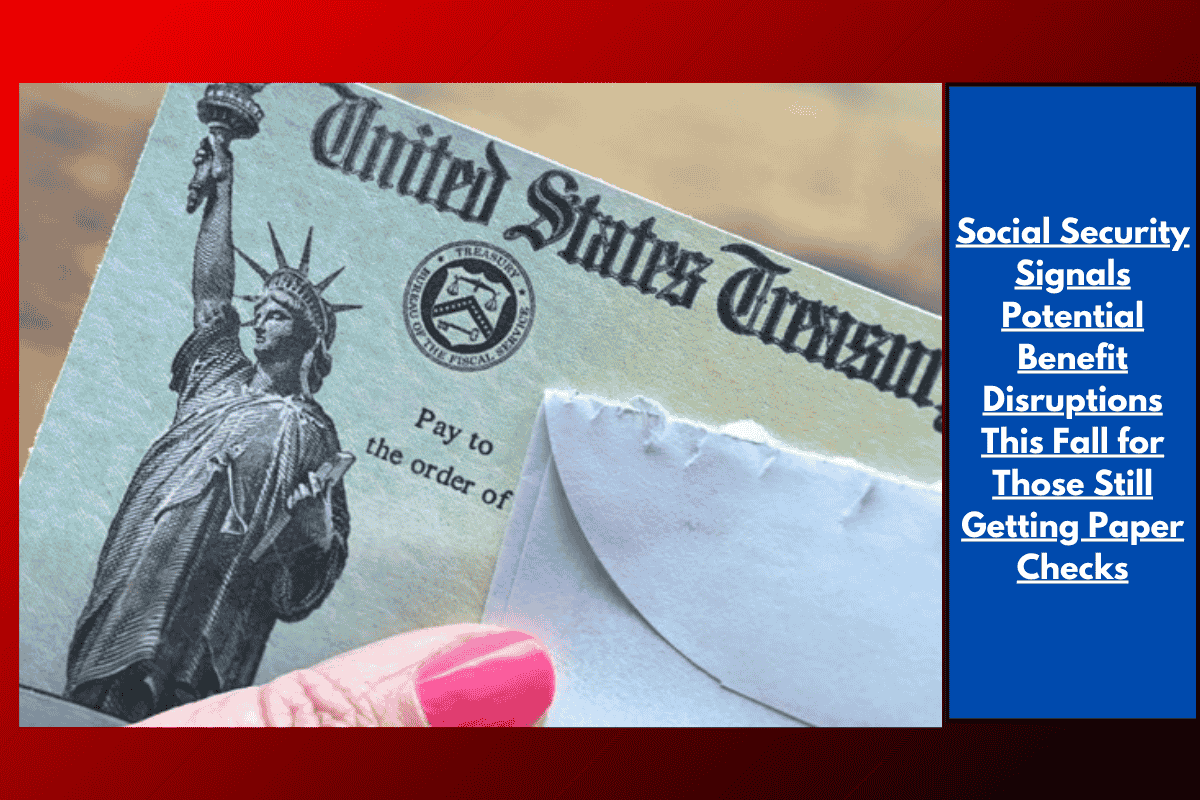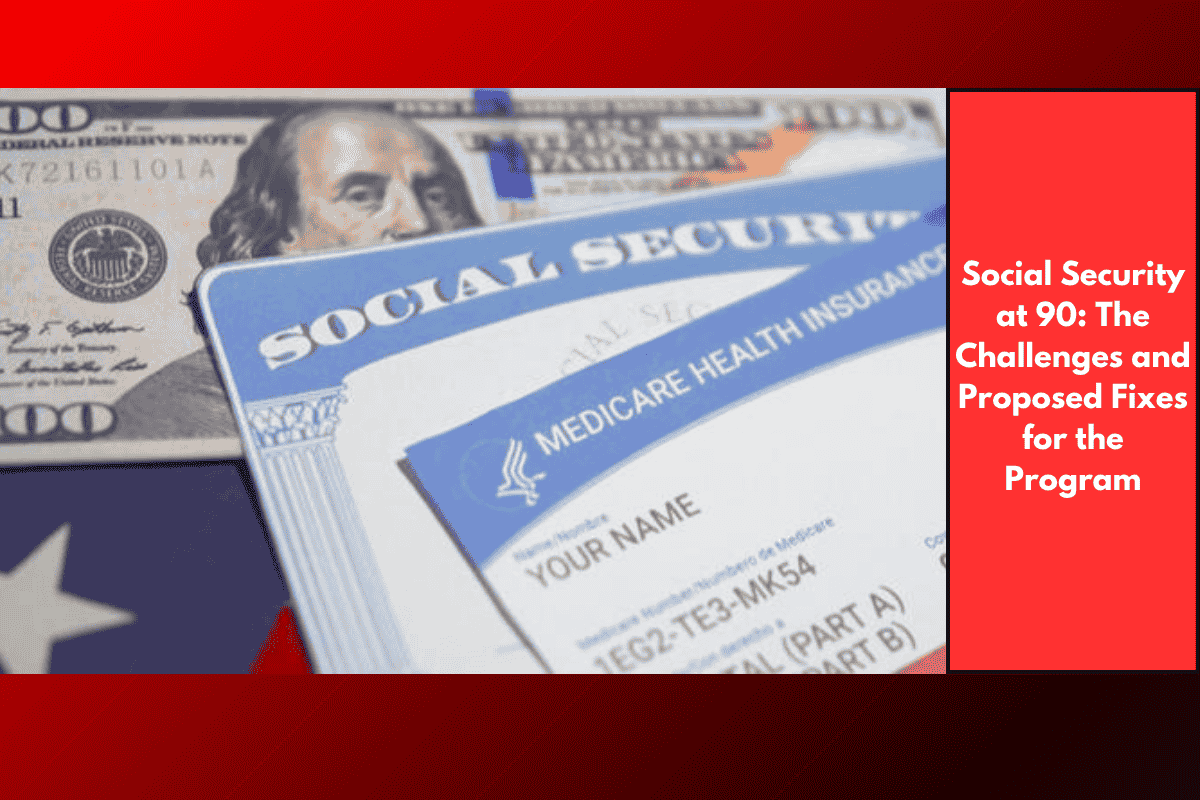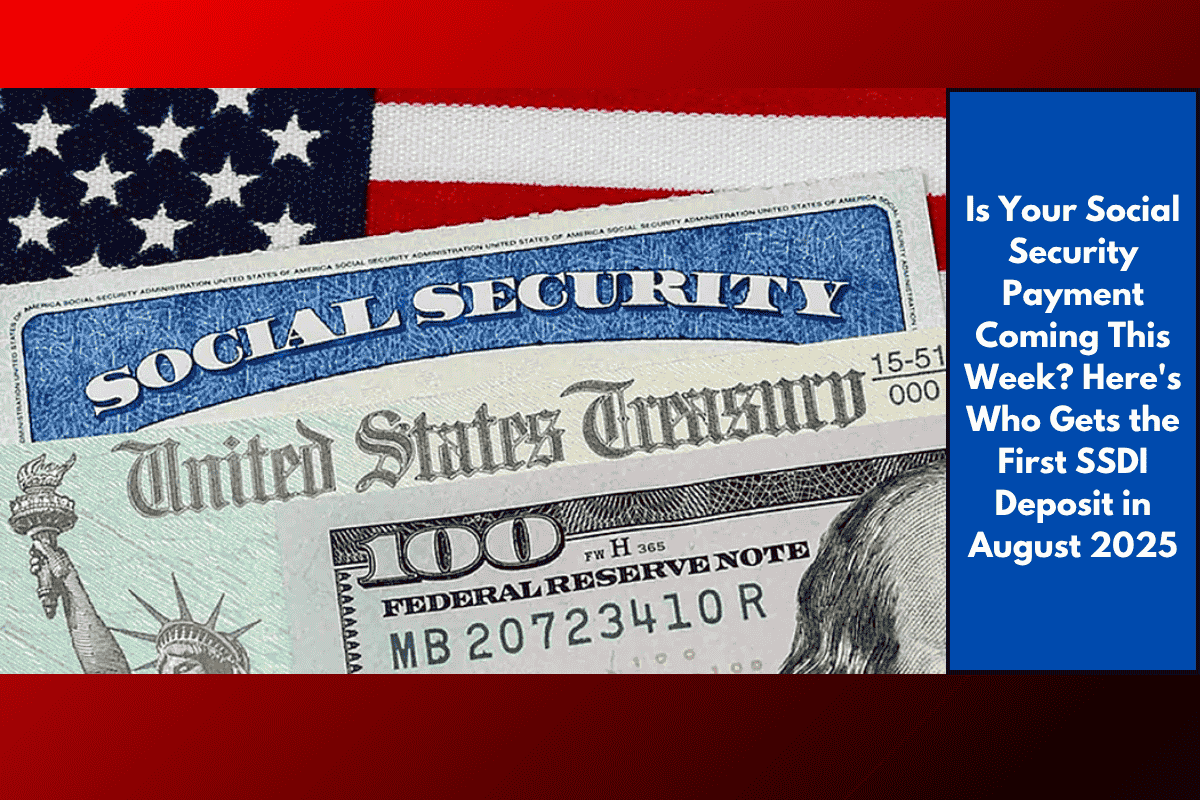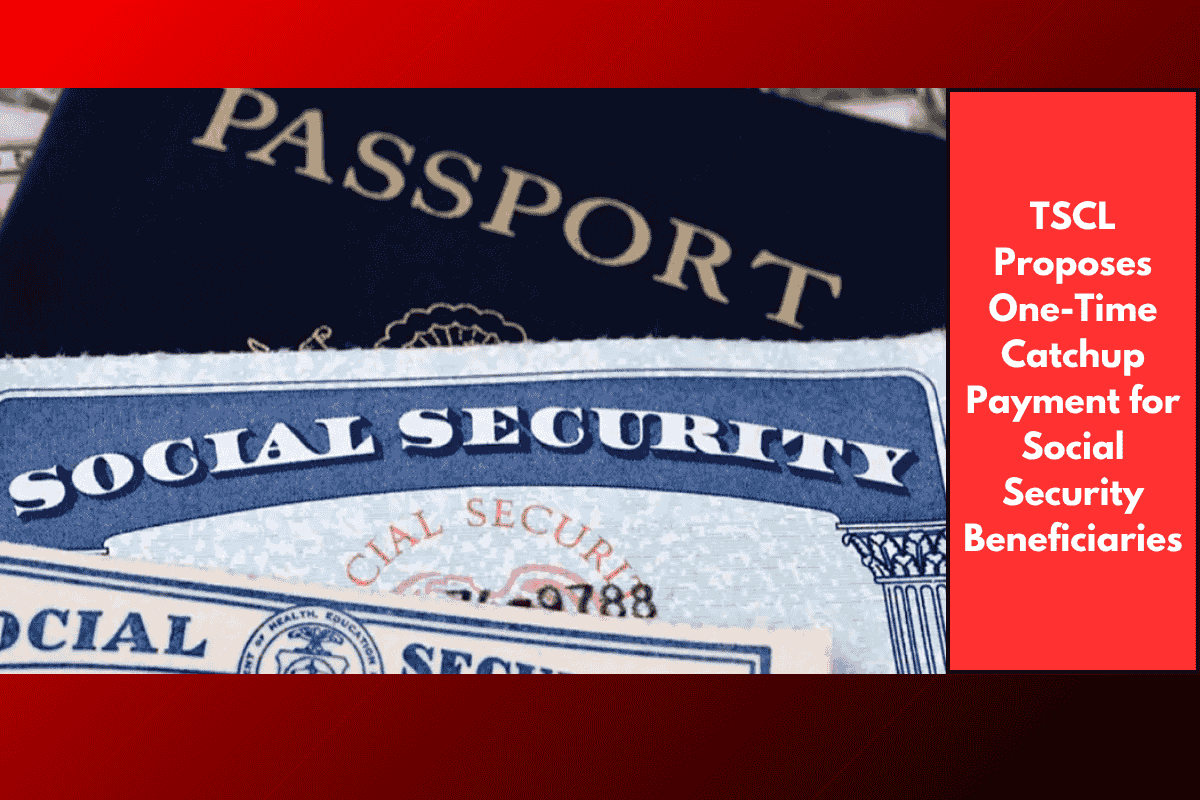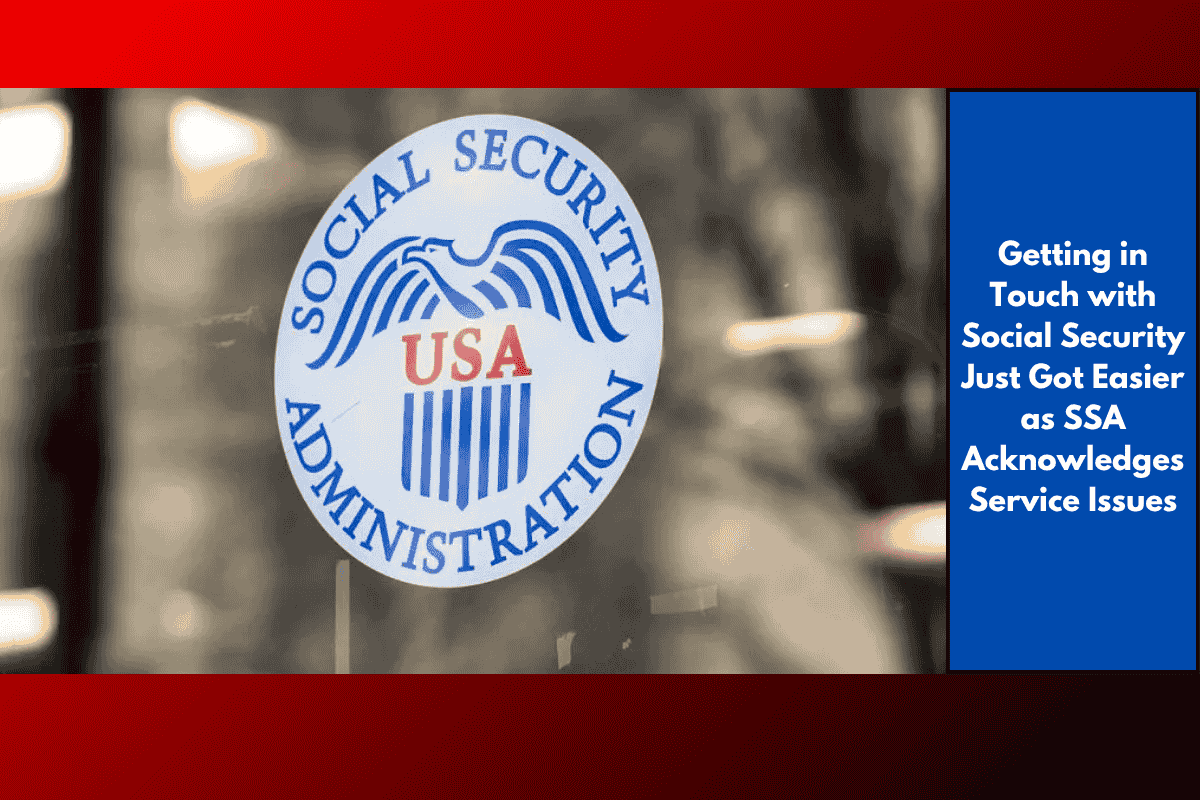The Social Security Administration (SSA) has issued a warning for beneficiaries still receiving their payments via paper checks. The agency is working to meet a deadline set by the Trump administration, which requires the federal government to transition away from paper checks by September 30. While the vast majority of Social Security beneficiaries—99%—receive their payments through direct deposit, over half a million people still rely on paper checks. Now, the SSA is pushing to transition those beneficiaries to direct deposit or Direct Express, a prepaid debit card used for federal payments.
The Transition to Digital Payments
As part of the new policy, those who still prefer receiving paper checks will have to apply for a waiver with the Treasury Department. If they don’t receive a waiver by the end of September, there could be disruptions in payment delivery, even if their waiver application is still pending. This change could potentially lead to delays for those who fail to transition to digital payment methods.
SSA officials are working to assist beneficiaries in switching to electronic payment options but have not confirmed if payments will be stopped entirely for those who do not apply for a waiver or make the switch. To help facilitate this change, SSA plans to send direct mailings to those receiving checks, although Treasury has not yet provided a clear timeline for enforcement.
The Challenges of Moving Away from Paper Checks
The shift away from paper checks is driven by several factors. Paper checks come with higher costs to the government, and there is an increased risk of fraud, particularly due to mail theft. As fraud rates rise, the federal government is aiming to move to a faster, cheaper, and more secure system. According to the American Bankers Association, eliminating paper checks will streamline payments and reduce security risks.
However, the transition has not been without its challenges. Despite the push to eliminate paper checks, it has been a long-standing effort since 2011. The government is now facing a tight six-month timeframe to implement the changes by the September 30 deadline, and the move could affect more than just Social Security recipients. For example, last year, over 7 million people received their tax refunds via paper checks or prepaid debit cards rather than direct deposit.
Who Will Be Most Affected?
The shift from paper checks to digital payments could have a disproportionate impact on certain groups of people, particularly those who do not have access to bank accounts or reliable internet. According to the Federal Reserve, 6% of American adults were unbanked in 2023, with the rate higher among low-income adults, younger people, Black and Hispanic adults, and people with disabilities. This change could also disproportionately affect rural and tribal communities, where access to both banking services and internet is often limited.
The Coalition of Large Tribes, representing over 50 tribes, expressed concerns in a letter to the Treasury, stating that this transition presents significant challenges for tribal communities, including a lack of banking infrastructure and poor broadband access in many areas. Elderly beneficiaries and those without access to financial services may also struggle with this change.
Concerns About Digital Payment Options
While Direct Express is the digital payment alternative being pushed by the SSA, it’s not without its issues. The Consumer Financial Protection Bureau (CFPB) sued the Direct Express administrator for failing to meet the needs of its 3.4 million cardholders, citing poor customer service and high fees. Although the CFPB dropped the lawsuit in April, the Treasury is moving forward with a new administrator for the program.
Furthermore, there are concerns about staff shortages at SSA, which could hinder the agency’s ability to meet the September deadline. Changes to how people can update their direct deposit information have also raised concerns, as it will push more people to SSA field offices to verify their identities, potentially causing delays.
Potential for Disruption in Claims Processing
The SSA is taking steps to handle the influx of claims related to direct deposit, but there is a concern that this shift will cause delays. SSA employees are instructed to hold claims that don’t include direct deposit information for 30 days while the agency contacts the applicants. If the applicants don’t respond within that time frame, the SSA will send their benefits via paper check. With limited staff and resources, SSA employees are concerned that many people will find out about the changes only through letters, leading to potential confusion and delays in benefit distribution.
The SSA’s move to phase out paper checks is set to impact hundreds of thousands of people, especially those without access to banking services or digital payment options. While the transition is meant to create a more efficient and secure system, it could create significant challenges for some of the most vulnerable members of society. Beneficiaries who are still receiving paper checks need to act quickly to avoid disruptions in their payments by applying for a waiver or switching to direct deposit or Direct Express before the September 30 deadline.

